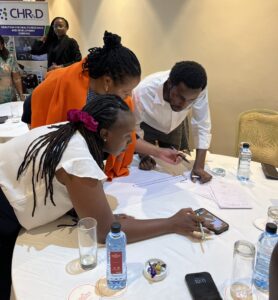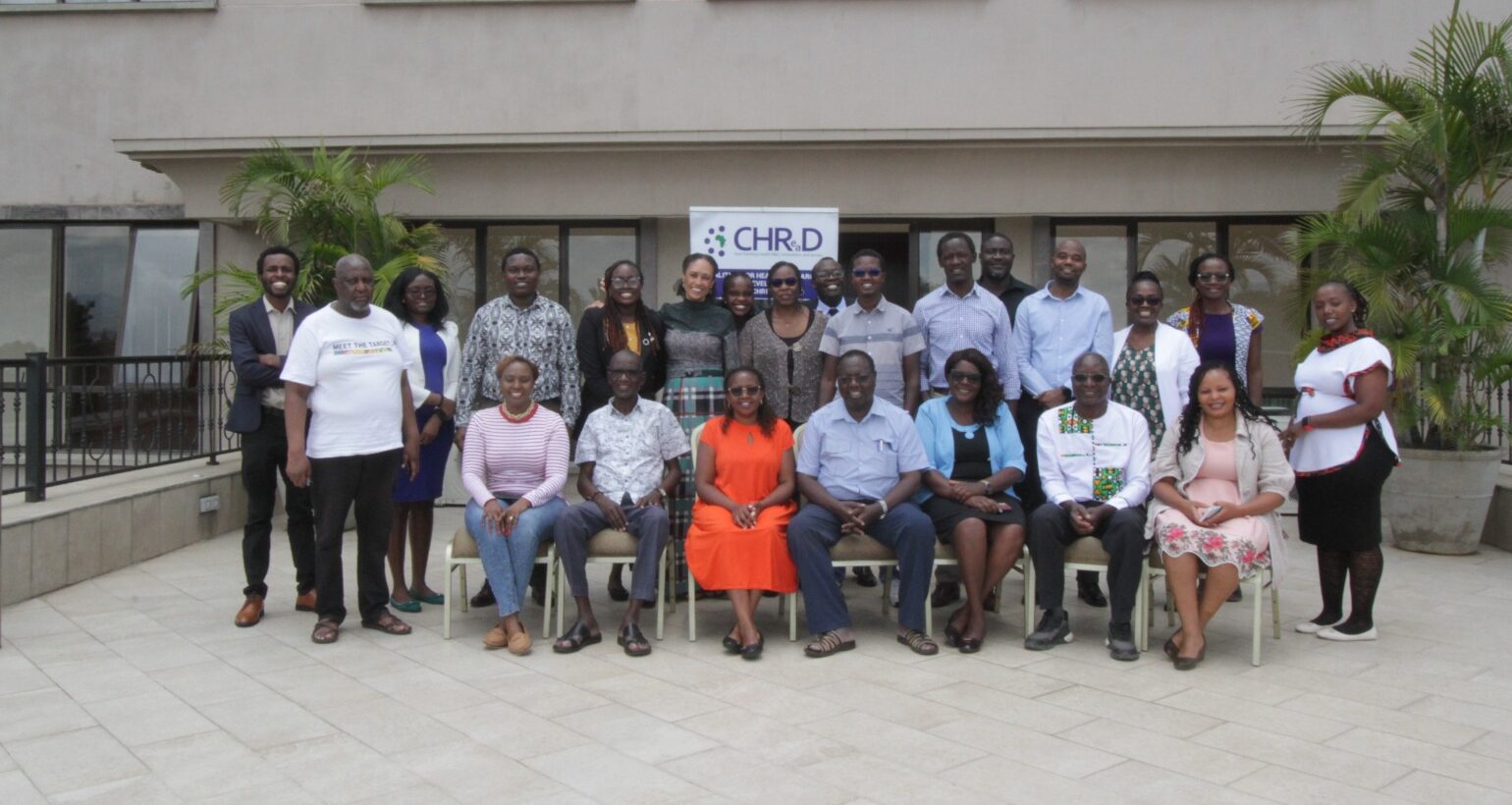The Kenyan health sector is on the brink of a crisis as USAID contracts and grants worth a staggering KSh 108.34 billion ($839.47 million) have been terminated. The shockwaves of these funding cuts are already being felt, with the Kenya Medical Research Institute (KeMRI) losing 40% of its programs, placing the jobs of approximately 824 staff members at risk.
Adding to this uncertainty, President Trump will invoke the International Emergency Economic Powers Act of 1977 to announce an additional 10% tariff. This move, set to take effect immediately, is expected to disrupt global economic relations further and exacerbate funding shortages for key sectors like health research and development.

Speaking during the annual general meeting of the Coalition for Health Research and Development (CHReaD) meeting, Stephen Kibindio, a health rights and advocacy officer at YSW, raised the alarm over the public’s lack of awareness regarding the critical role of research and development in Kenya’s health sector.
“Communities are far behind in recognizing just how vital research and development are in shaping a robust healthcare system,” warned Kibindio, “ We cannot afford to do business as usual because the future may be at risk.”
With the changing dynamics of US funding priorities, Kibindio emphasized that Kenyan decision-makers must step up and drive positive change to sustain advancements in healthcare. The shift in global funding trends calls for a radical rethinking of how Kenya funds and prioritizes health research and innovation.
Accordingly, Maureen Awuor, Programme Manager at the Africa Health Research Innovation and Development (AHRIDA) said, “Africa must take stock of the importance of SMART advocacy and work toward maintaining the well-being of the health sector.”
Awuor called for urgent action or research and development and also underscored the need for continued advocacy.
Similarly, Christina Makumi from the International Community of Women Living with HIV Kenya Chapter (ICWK) said, “SMART advocacy focuses on opportunities that have the highest potential for impact, which not only means being strategic but also targeting the right people in the right spaces.”
She also said, “Data-driven advocacy is a powerful tool that articulates real issues on the ground and generates targeted solutions that will work. This also creates a platform for evidence based decision making by policy makers.”
With the same breadth, Samuel Kibonge from Program for Appropriate Technology in Health (PATH) said, “Without a dedicated investment in research and development (R&D), Kenya’s health system may face severe setbacks that could take years to recover from.”
Kibonge believes that the CHReaD Coalition may help health practitioners across the country co-create and collaborate better in research and development.
Geoffrey Odhiambo, a SMART advocacy champion, seems to be in agreement because he claims that “The diversity of the CHReaD Coalition will enable the health sector to thrive amid challenges,” he stated.
Organizations within the CHReaD Coalition stand firm in their belief that strategic partnerships are the key to safeguarding Kenya’s health future. Yet, the real battle is just beginning within Kenya’s fragile health sector to survive the brutal blow of Trump-era funding cuts? With billions lost and critical research programs on the brink of collapse, the nation faces an urgent reckoning.
Meanwhile, President William Ruto appointed Hon. Aden Duale to lead the Ministry of Health at a time when the sector seems to be gasping for air. Duale’s tenure began on 1st April 2025, and he has praised the Social Health Authority (SHA) for its digitalization efforts but the question remains: does he have the silver bullet to rescue Kenya’s health system, or will his tenure mark yet another chapter of unfulfilled promises? The clock is ticking, and Kenya can no longer afford to gamble with its people’s health.

